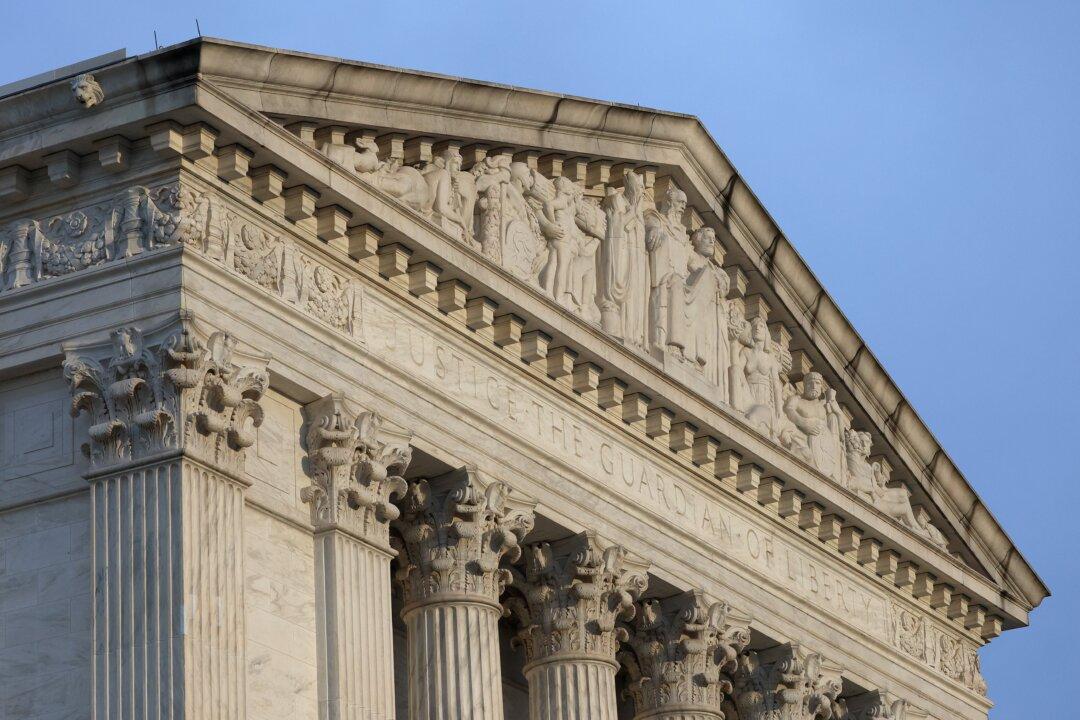One of the many lawsuits contesting President Donald Trump’s agenda will hit the Supreme Court for oral argument for the first time on May 15.
The case arises from a challenge to Trump’s birthright citizenship executive order. The hearing is unusual in that it stems from a preliminary appeal in which the Trump administration challenged a federal judge’s use of nationwide injunctions to block the president’s agenda.





